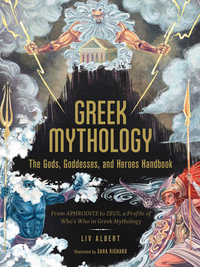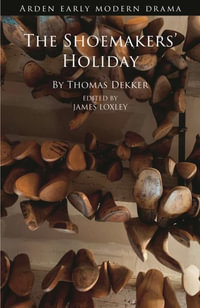Albert Camus’s lively journals from his eventful visits to the United States and South America in the 1940s, available again in a new translation.
In March 1946, the young Albert Camus crossed from Le Havre to New York. Though he was virtually unknown to American audiences at the time, all that was about to change—The Stranger, his first book translated into English, would soon make him a literary star. By 1949, when he set out on a tour of South America, Camus was an international celebrity. Camus’s journals offer an intimate glimpse into his daily life during these eventful years and showcase his thinking at its most personal—a form of observational writing that the French call choses vues (things seen).
Camus’s journals from these travels record his impressions, frustrations, joys, and longings. Here are his unguarded first impressions of his surroundings and his encounters with publishers, critics, and members of the New York intelligentsia. Long unavailable in English, the journals have now been expertly retranslated by Ryan Bloom, with a new introduction by Alice Kaplan. Bloom’s translation captures the informal, sketch-like quality of Camus’s observations—by turns ironic, bitter, cutting, and melancholy—and the quick notes he must have taken after exhausting days of travel and lecturing. Bloom and Kaplan’s notes and annotations allow readers to walk beside the existentialist thinker as he experiences changes in his own life and the world around him, all in his inimitable style.
About the Author
Albert Camus (1913-60) was a French philosopher, writer, and journalist, and one of the most influential figures in twentieth-century letters. Among his widely read and translated works, the most notable are his novels The Stranger, The Plague, and The Fall, and the philosophical works The Myth of Sisyphus and The Rebel. Alice Kaplan is the Sterling Professor of French and Director of the Whitney Humanities Center at Yale University. She is coauthor of States of Plague, with Laura Marris, and author of French Lessons, Looking for "The Stranger," and Dreaming in French, all also published by the University of Chicago Press. She has been a finalist for both the National Book Critics Circle Award and the National Book Award. She lives in Guilford, Connecticut. Ryan Bloom is an essayist and translator who teaches creative writing and literature at the University of Maryland, Baltimore County. He is the translator of Albert Camus's Notebooks 1951-1959.
Industry Reviews
"An intimate glimpse into the psyche of a widely admired writer." * Wall Street Journal *
"With its ample photographs, rich introduction, and smooth-flowing, conversational translation, Travels in the Americas is an engaging travel account that reintroduces Albert Camus as both a man and an existentialist icon moving through North and South America in the postwar years." * Foreword Reviews *
"Nine months after the end of the Second World War, Camus crossed the Atlantic on the SS Oregon to New York, traveling between 'continents gone mad,' as he put it. Three years later, he journeyed via Dakar to South America. This attractively illustrated new translation of the journals from those trips shows us an intensely curious, often solemn, and sometimes witty Camus as he attempts to understand the cultures he was encountering. As Alice Kaplan explains in her Introduction, the travel logs are an invitation to 'see the Americas, as if for the first time, through his eyes,' They also chart the writer's transition towards literary celebrity and reveal the private doubts and needs that troubled him." * Edward J. Hughes, author of 'Albert Camus' *
"Bloom's translation is a model of tight writing... it reads briskly, as we would expect journal entries to read, and precisely, as we would expect of anything penned by Camus... Travels in the Americas is a small, beautiful gem, worthy of a large readership." * Great Lakes Review *
"An elegant new translation." * London Review of Books *
"Much more than a riveting travelogue, Travels in the Americas provides a glimpse into the mind of one of the last century's most astounding thinkers, a man whom communists, socialists, existentialists, and anti-colonialists all endeavored to call their own, but who always evaded their grasps. From France to the Americas and back again, he felt himself caught between two unfortunate places: one with an impossible past, the other with an impossible future." * France-Amerique *
























